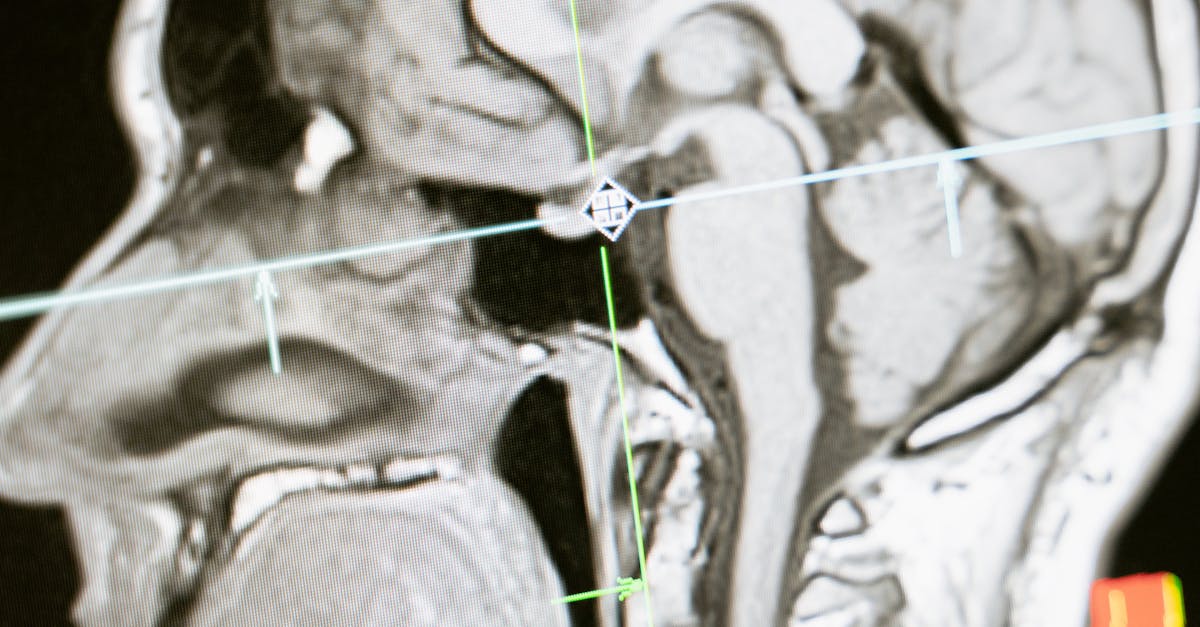Published on:
6 min read
Understanding Dementia Tests: A Comprehensive Guide
Dementia tests are essential tools for early diagnosis and management of this growing health concern. In this post, we explore the various types of dementia tests available, their significance, and what you can expect during the assessment process.

What is a Dementia Test?
A dementia test is a series of assessments designed to evaluate cognitive function and identify any presence of dementia or related disorders. These tests often assess various cognitive abilities, including memory, reasoning, and language skills. There are several types of tests, including screening questionnaires, neuropsychological evaluations, and brain imaging scans. The importance of these tests cannot be overstated, as early detection can significantly influence treatment options and improve the quality of life for individuals diagnosed with dementia. Family members are encouraged to participate, as they can provide crucial insights into changes in the individual's behavior and cognitive capabilities.
Types of Dementia Tests
Dementia tests can be categorized into a few different types, each serving a unique purpose. Common screening tools include the Mini-Mental State Examination (MMSE) and the Montreal Cognitive Assessment (MoCA), which assess overall cognitive function. For more in-depth evaluations, neuropsychological tests can help identify specific weaknesses in cognitive areas like memory and problem-solving. Additionally, brain imaging techniques, such as MRI or CT scans, can be instrumental in ruling out other conditions or recognizing changes in the brain's structure connected to dementia. Understanding the types of tests available will help prepare both the affected individuals and their families for the diagnostic process.
Preparing for a Dementia Test
Preparation for a dementia test involves several steps to ensure an accurate assessment. First, gather any relevant medical history and current medications, which can impact cognitive function. It's also beneficial to keep a diary noting any behavioral changes observed in the individual over time. Being open and honest during the test is crucial, as even small details may provide significant information to healthcare professionals. Moreover, encourage your loved ones to stay calm, as anxiety can affect performance during cognitive assessments. Familiarizing yourself with what to expect can help ease any apprehensions surrounding the testing process.
Conclusion
Dementia tests are integral to effective diagnosis and treatment planning for individuals experiencing cognitive decline. Understanding the different types of tests and how to prepare for them can empower families and patients alike. Early intervention can significantly influence the trajectory of the disease, making awareness and proactive measures vital in the management of dementia.
Published on .
Share now!










